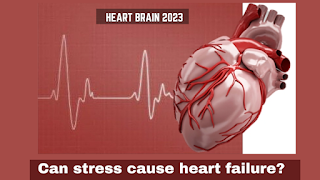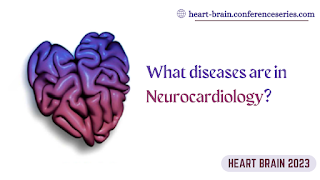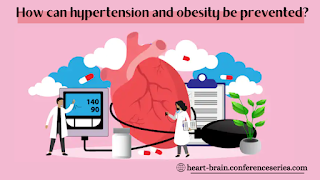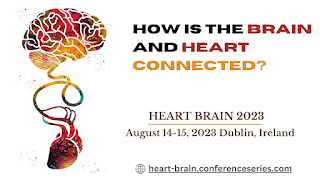Can stress cause heart failure?
Stress will cause a coronary failure, sudden internal organ death, coronary failure, or arrhythmias (abnormal heart rhythms) in persons World Health Organization might not even apprehend they need heart condition. Biomechanical stress ensuing from drive, cardiovascular disease, and different styles of heart muscle injury is that the 1st cornerstone of any projected model of expanded myocardiopathy. The loss of useful cardiac muscle creates further biomechanical stress on the remaining viable muscular tissue, thereby triggering signals for a counteractive increase in muscular tissue mass, referred to as hypertrophy. A transition will occur whereby AN irreversible decompensation in internal organ operate happens throughout the dilation of the guts and cutting of the walls of the cavum chamber Familial myocardiopathy, that initially isn't in the middle of chamber dilation, happens because of mutations poignant proteins within the segment, that contains the contracted machinery of muscular tissue, whereas familial expanded myocardiopathy has currently been connected to mutations in cytoskeletal genes. Additionally, mice harboring muscle-specific mutations in extra-sarcomeric cytoskeletal proteins show a expanded myocardiopathy composition, in keeping with a right away role of the anatomical structure in intrinsic signals for expanded myocardiopathy. Consequently, it's currently essential to point out whether or not these cytoskeletal proteins have a nonspecific structural role or a selected communication role in chamber dilation.
Various abnormalities are concerned within the transition of hypertrophy to coronary failure however the precise mechanism continues to be unknown. Therefore coronary failure after hypertrophy remains a serious clinical downside. Recently, aerobic stress has been urged to play a essential role within the pathological process of coronary failure. Here we tend to describe inhibitor changes likewise as their significance throughout hypertrophy and coronary failure stages. Heart hypertrophy in rats and guinea pigs, in response to pressure over-load, is related to a rise in ‘antioxidant reserve’ and a decrease in aerobic stress. Enlarged rat hearts show multiplied tolerance for various aerobic stress conditions like those obligatory by free radicals, hypoxia-reoxygenation and ischemia-reperfusion. On the opposite hand, coronary failure underneath acute likewise as chronic conditions is related to reduce inhibitor reserve and multiplied aerobic stress. The latter could have a causative role as urged by the protection seen with inhibitor treatment in acute likewise as in chronic coronary failure. It’s turning into more and more apparent that, anytime the on the market inhibitor reserve within the cell becomes inadequate, heart muscle disfunction is impending.
A constant offer of O is indispensable for internal organ viability and performance. However, the role of O and oxygen-associated processes within the heart is advanced, and that they and may be either helpful or contribute to internal organ dysfunction and death. As O may be a major determinant of internal organ organic phenomenon, and a essential participant within the formation of ROS and diverse different cellular processes, thought of its role within the heart is crucial in understanding the pathological process of internal organ dysfunction.




Comments
Post a Comment